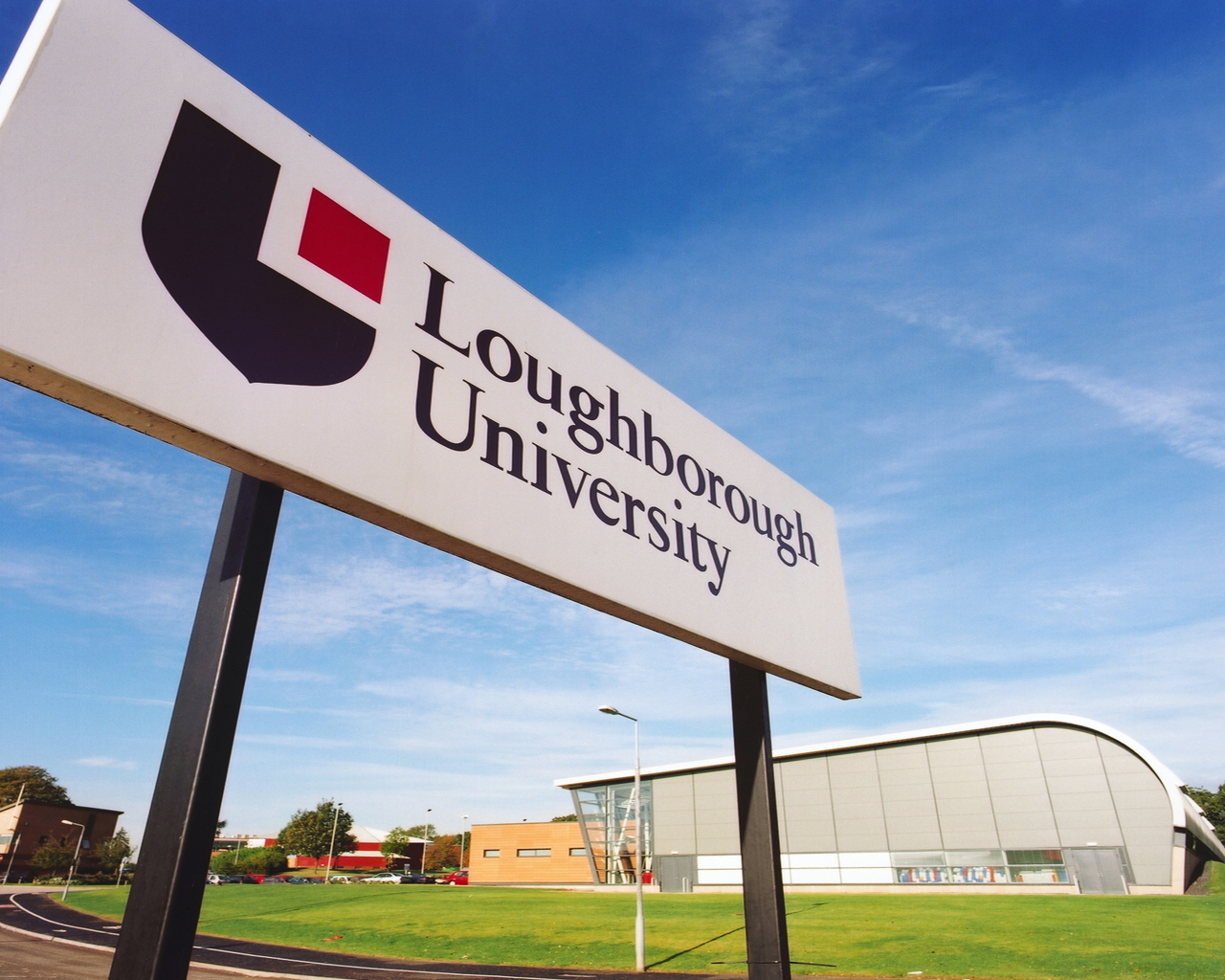Wednesday 1st July should have seen us coming together for Loughborough University’s annual Learning and Teaching Conference. Whilst the current situation means that we cannot gather in person to share the innovation and good practice that happens at Loughborough we can still celebrate this year’s Teaching Award winners. Congratulations to the winners of theRead more
Our most recent CAP Forum focused on research-informed curriculum design. As a recent Research-informed Teaching Award winner, Dr Line Nyhagen took us through some of her wonderful successes and some of the challenges she has faced in four specific innovative teaching practices which were designed to enhance student engagement. The first is a field visitRead more
This year’s first CAP Forum focused on the topic of embedding your research in your teaching. As a result, we invited one of this year’s Research-informed Teaching Award winners to present on how and why she embeds her research into her teaching, and what her research is about. In 2002, Dr Cheryl Travers set upRead more
The annual Research-informed Teaching Awards (RiTAs) and the Teaching Innovation Awards (TIAs) celebrate excellence in innovative and research informed practice across the University. The awards are designed to reaffirm the University’s commitment to recognise staff and students who demonstrate high levels of achievement in both research and teaching. The Research-informed Teaching Awards reward academic staffRead more
Flipping – a way to develop student deeper learning and engagement as well as higher quality work or too good to be true?
Speakers and the Art of Flipping workshop showed flipping can be a useful tool to support the development of deep rather than surface learning. This brief look at the workshop organised under a Teaching Innovation Award by Dr. Mark Jepson (Materials), Dr. Simon Hogg (Materials) and Dr. Nicola Jennings (Chemistry) looks at what flipping is, and how it could work for you and more importantly for your students.
What is flipping?
Flipping is part of a process which moves from didactic knowledge transmission in large lectures to use contact time for the lecturer to bring his/her knowledge to bear on those concepts or specifics that students have identified as problematic. Students pre-engage with the transmission of knowledge before the lecture, either by reading, and/or listening to a podcast or video of material. They take ownership of the content by identifying what they find clear and what they do not.
Some academics may already be taking just this approach. However, for those who want to explore the idea the workshop was a great introduction.
Dr. David Dye, Reader in Metallurgy at Imperial College, records 15-minute single-concept videos in his office with a white board (and all-important board rubber). He posts them online and then asks students to complete a short online quiz/test after viewing. The last question asks what they want further explained. He then addresses those areas in the lecture, getting students to peer instruct each other, explaining their own understanding. As they discuss Dye moves round the room, identifying areas of confusion and explanations given before delivering his summation. In this way each student is directly, actively involved in their learning.
The annual Research-Informed Teaching Awards have now been made for 2014. There was considerable interest from across the University and the panel, chaired by the PVC (Teaching), including three ADTs and representatives from the Teaching Centre has made three awards. The award winners are: Jo Bullard, Professor of Physical Geography, Department of Geography, who isRead more
